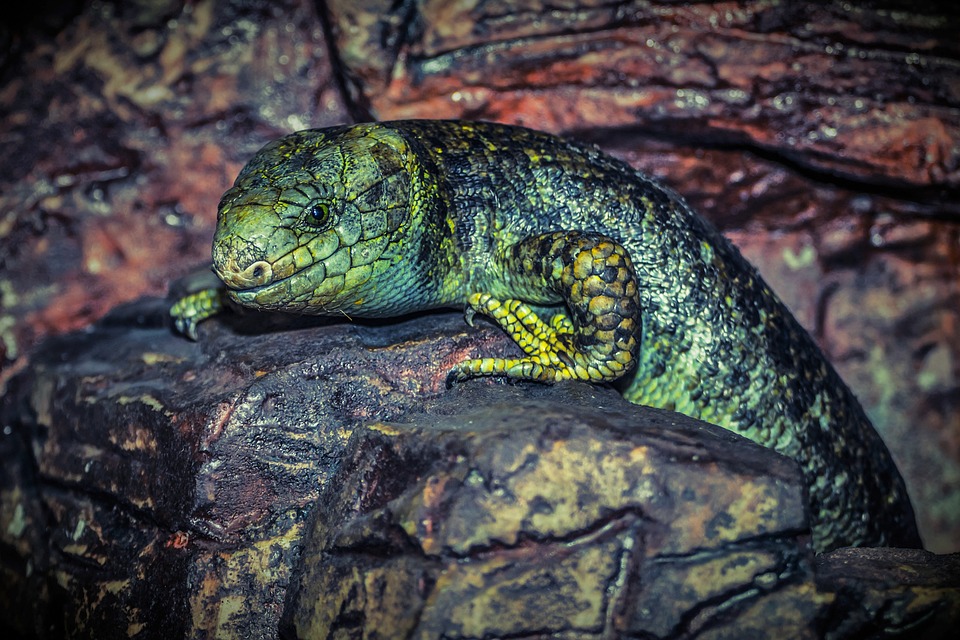As your kitten reaches the 13-18 month mark, you may notice significant changes in their growth and development. This stage is crucial for their overall health and well-being, as they transition from being a playful kitten to a young adult cat. Understanding what to expect during this period can help you provide the best care for your feline friend.
Physical Growth:
During the 13-18 month period, your kitten will continue to grow in size and weight. Most cats reach their full adult size by the age of 1 year, but some breeds may continue to grow until they are 2 years old. It is important to monitor your kitten’s weight and adjust their diet accordingly to ensure they maintain a healthy weight. Regular check-ups with your veterinarian can help track your kitten’s growth and address any concerns.
Muscle Development:
As your kitten grows, you may notice an increase in their muscle mass and strength. This is a natural part of their development as they become more active and agile. Providing plenty of opportunities for play and exercise can help strengthen your kitten’s muscles and improve their overall fitness. Interactive toys, climbing structures, and regular play sessions can help keep your kitten physically and mentally stimulated.
Coat and Fur:
During the 13-18 month period, your kitten’s coat may undergo changes in texture and color. Some breeds may develop a thicker or longer coat as they mature, while others may experience changes in fur color or markings. Regular grooming is essential to keep your kitten’s coat healthy and free of tangles. Brushing your kitten’s fur regularly can help prevent matting and reduce shedding.
Behavioral Changes:
As your kitten transitions into young adulthood, you may notice changes in their behavior. They may become more independent and assertive, exploring their surroundings with confidence. Some kittens may exhibit territorial behavior or become more vocal as they establish their place in the household. It is important to provide a safe and stimulating environment for your kitten to help them adjust to these changes.
Health and Wellness:
Regular veterinary check-ups are essential during the 13-18 month period to ensure your kitten’s continued health and well-being. Your veterinarian can provide guidance on vaccinations, parasite prevention, and nutrition to support your kitten’s growth and development. It is important to monitor your kitten’s eating habits, litter box usage, and overall behavior for any signs of illness or discomfort.
In conclusion, the 13-18 month period is a critical stage in your kitten’s growth and development. By understanding what to expect during this time, you can provide the best care for your feline friend and help them thrive as they transition into young adulthood. With proper nutrition, exercise, grooming, and veterinary care, your kitten will continue to grow into a healthy and happy adult cat.





